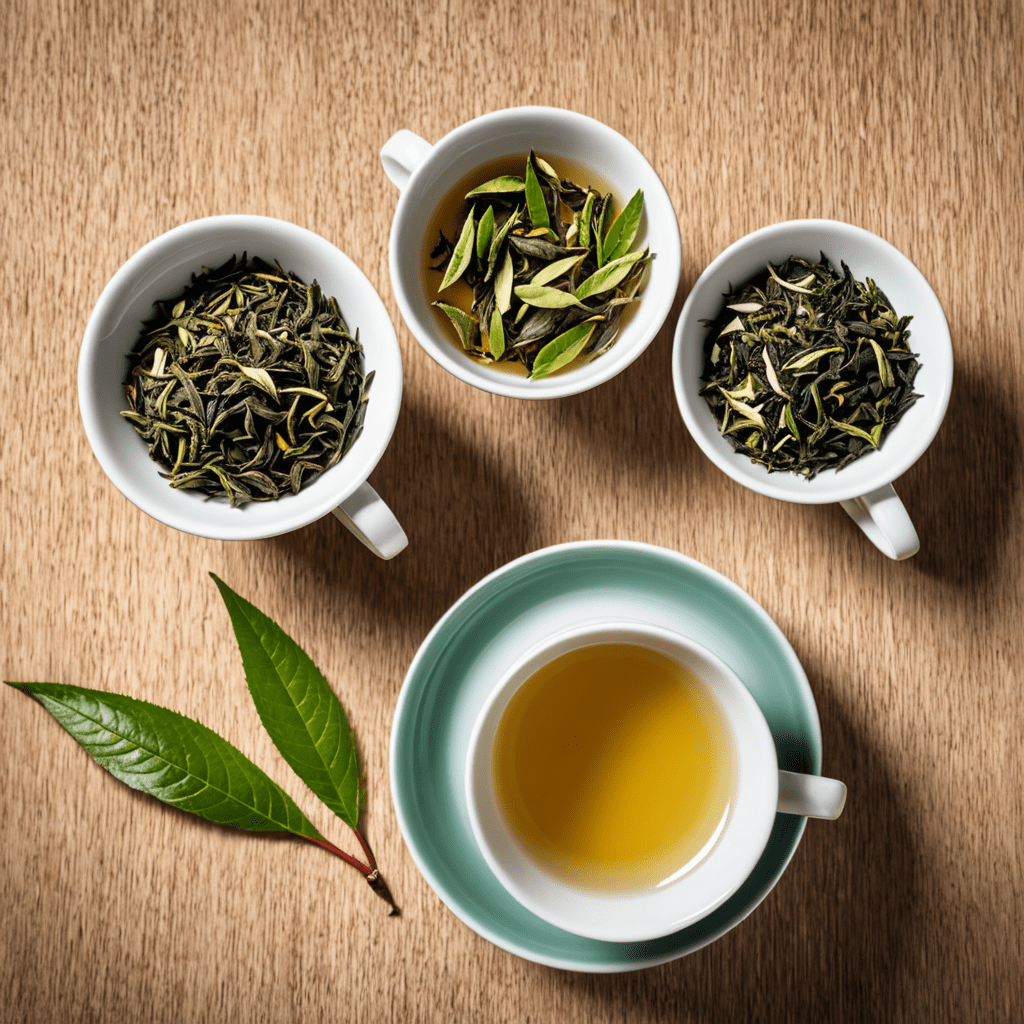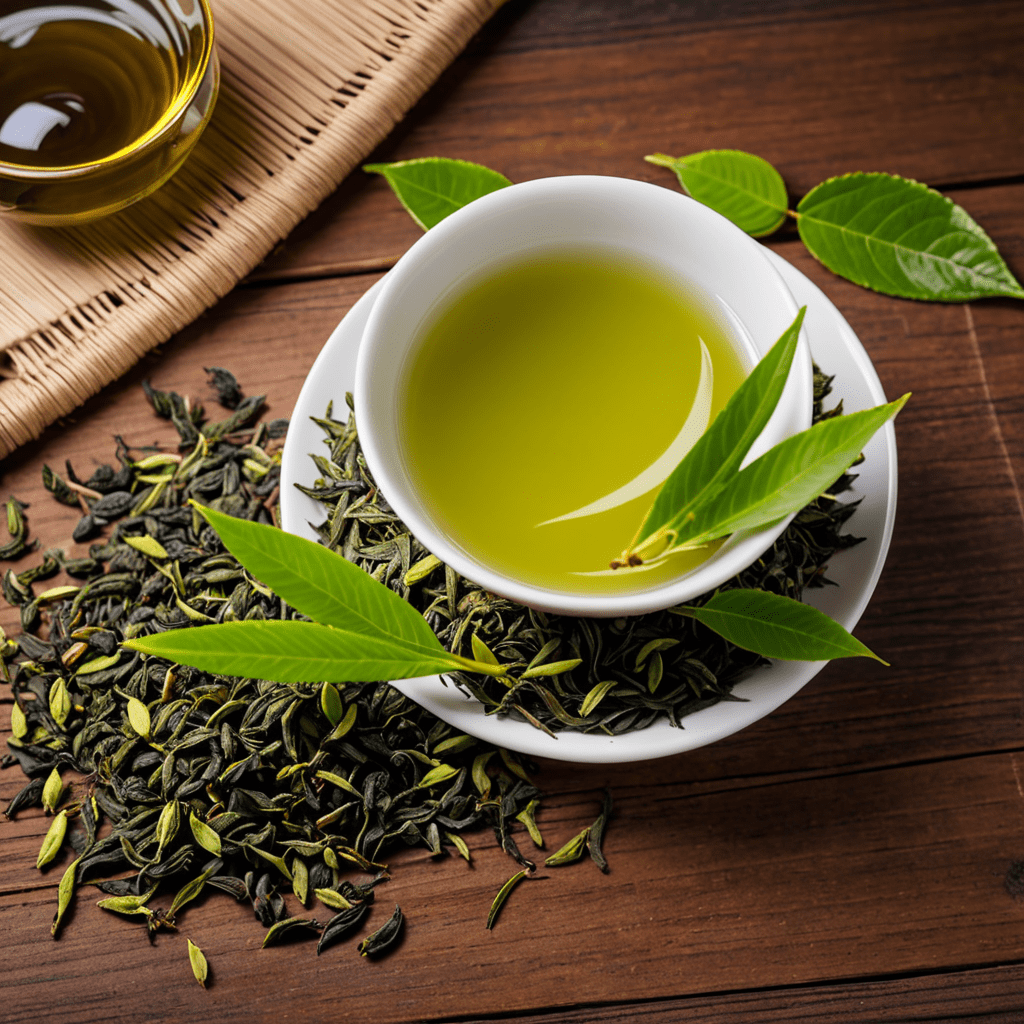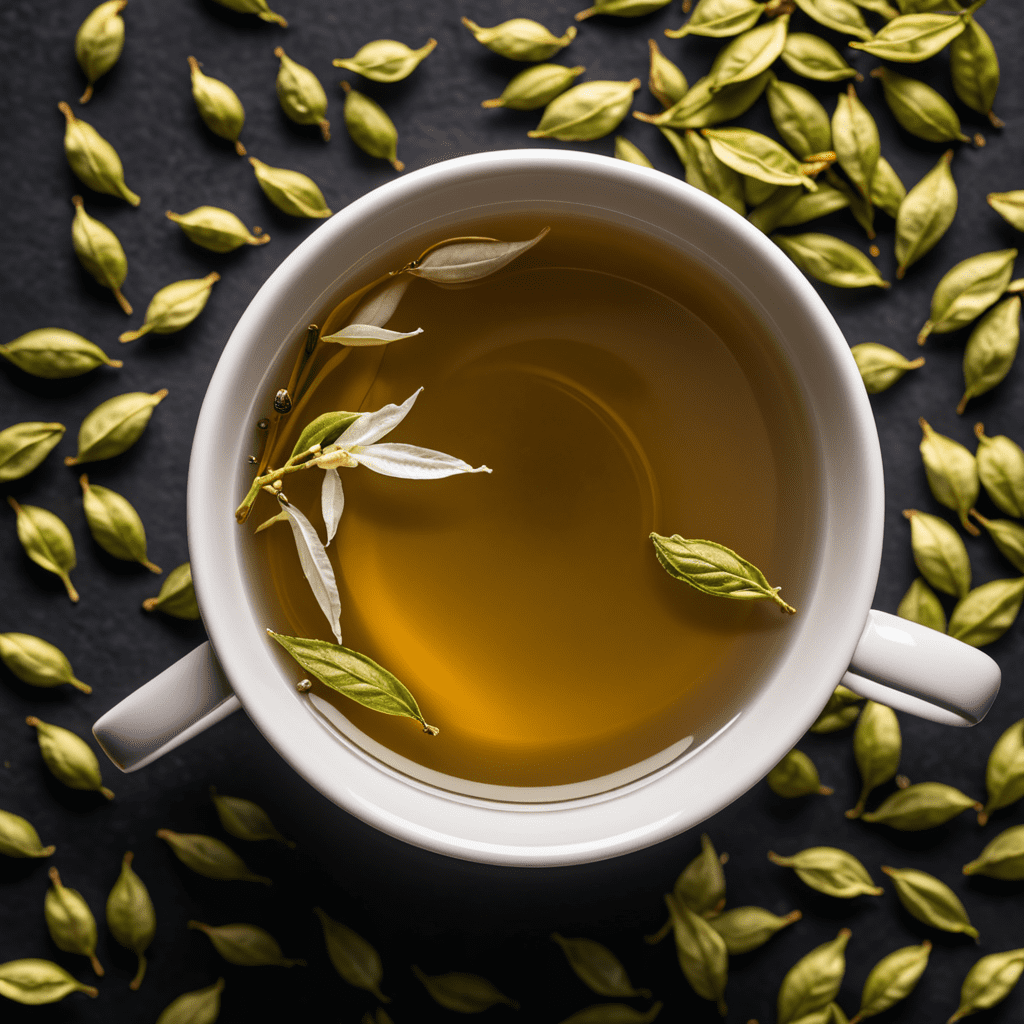
Green Tea vs White Tea: Exploring the Differences
When it comes to tea, the options seem endless. From black to herbal, the choices can be overwhelming. Here, we delve into the differences between two popular types of tea: green and white. Let’s explore the battle of health benefits, taste, and brewing techniques.
Understanding Green Tea
Green tea, derived from the Camellia sinensis plant, undergoes minimal oxidation during processing. LSI Keywords: antioxidant properties, catechins, EGCG, healthy lifestyle.
Delving into White Tea
White tea also originates from the Camellia sinensis plant but is harvested at a younger stage. LSI Keywords: least processed tea, delicately flavoured, unique health benefits, low caffeine content.
Health Benefits of Green Tea
Renowned for its potential health benefits, green tea is cited for its high antioxidant content, particularly catechins and epigallocatechin gallate (EGCG). This can support a range of health aspects, including metabolism and cardiovascular health.
Health Benefits of White Tea
Although less researched than green tea, white tea is praised for its own set of health advantages. With an abundance of antioxidants, it is said to promote healthy skin, aid in weight management, and fortify the immune system.
Taste Comparison
Green tea is often described as having a slightly grassy or earthy taste, with variations ranging from sweet to astringent. On the other hand, white tea is known for its delicate, subtle flavor that can be slightly sweet and floral. LSI Keywords: Flavor profile, delicate taste, subtle notes, grassy undertones.
Brewing Techniques and Considerations
While both teas are generally brewed with hot water, the specific brewing temperature and steeping time can significantly influence taste and aroma. Green tea is often steeped at lower temperatures to prevent bitterness, while white tea may require a longer infusion period to draw out its delicate flavors. LSI Keywords: Brewing temperature, steeping time, flavors, aroma.
Making the Decision: Which Tea Suits You?
Ultimately, the choice between green and white tea boils down to personal preference. Green tea packs a punch with potent antioxidant properties, while white tea offers a more subtle, nuanced taste. Both offer potential health benefits, so it may be worth exploring both to find your perfect cup.
Frequently Asked Questions
Q: What are the differences in caffeine content between green and white tea?
A: While both teas contain caffeine, white tea generally contains lower caffeine levels than green tea due to its minimal processing.
Q: Are there any notable similarities between green and white tea?
A: Both green and white teas are rich in antioxidants, contribute to hydration, and are excellent options for those seeking a low-calorie beverage.

